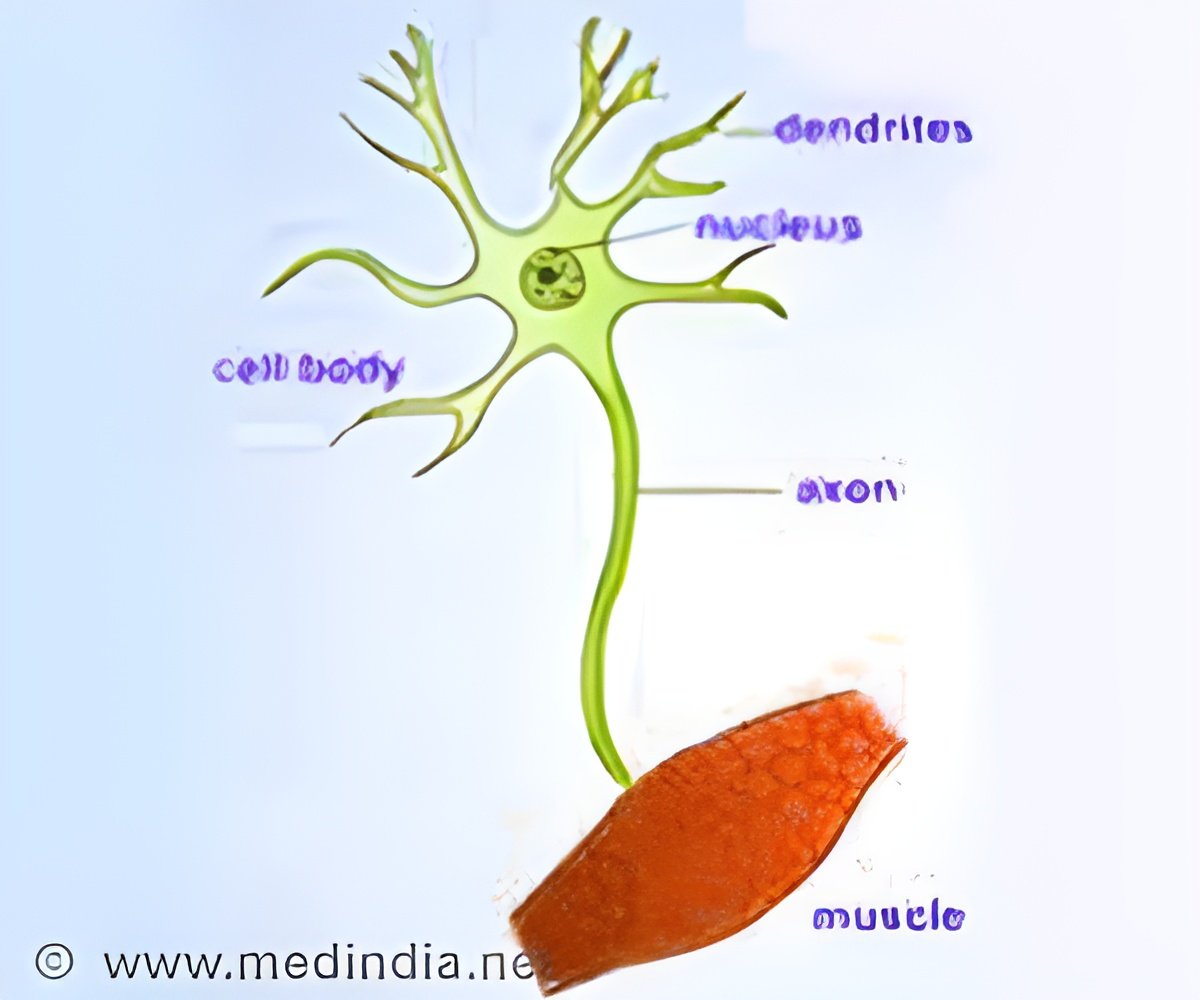Drug-molecule ebselen can correct many of the toxic characteristics of a protein that causes some cases of hereditary motor neurone disease (MND), found study.

‘Drug-molecule ebselen can correct many of the toxic characteristics of a protein that causes some cases of hereditary motor neurone disease (MND).’





In a paper published in Nature Communications, scientists from the Universities of Liverpool (UK), Florence (Italy) and Wollongong (Australia) used state-of-the-art crystallography, mass-spectrometry and in-cell NMR technologies to search for a drug molecule which could 'correct' the SOD1 assembly line.
Dr Gareth Wright, an MND researcher at the University of Liverpool, said: "This discovery has the potential to prevent the accumulation of SOD1 into the large aggregates we see within the motor neurons of effected individuals. If we can stop that, we might be able to stop the neurons dying." Professor Samar Hasnain, a structural biologist at the University of Liverpool, added: "The next step is to test ebselen in settings more accurately resembling human neuronal cells and optimising it so that it can become useful as a drug for motor neuron disease."
Source-Eurekalert









